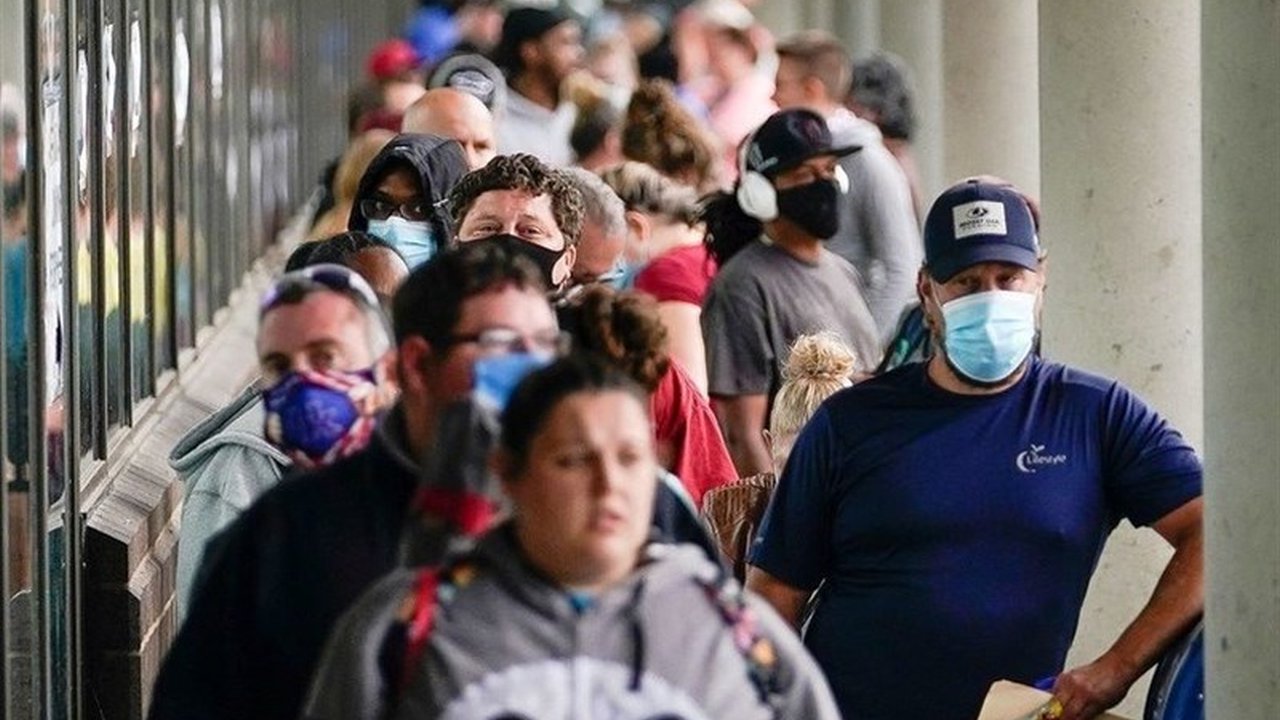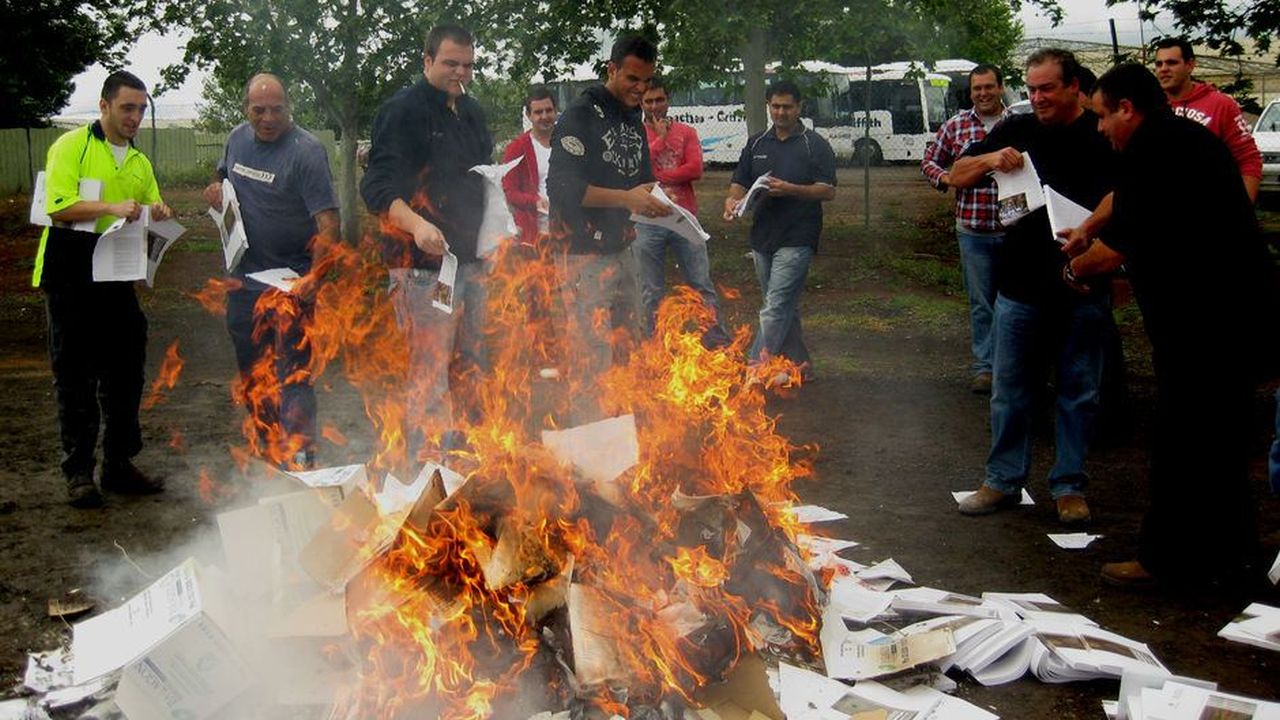
How not to fall for coronavirus BS: avoid the 7 deadly sins of thought
This article is part of a series of articles exploring the COVID-19 coronavirus pandemic from a knowledge management perspective.
Luke Zaphir, The University of Queensland
With the COVID-19 pandemic causing a great deal of anxiety, we might come to think people are irrational, selfish or downright crazy. We see people showing up to public venues en masse or clearing supermarket shelves of toilet paper.
Experts are often ignored. We hear inconsistent information and arguments filled with fallacious reasoning being accepted by a seemingly large number people.
The answer for the kind of panicked flurry in reasoning may lie in a field of critical thinking called vice epistemology. This theory argues our thinking habits and intellectual character traits cause poor reasoning.
These thinking habits are developed over a lifetime. When these habits are poorly developed, we can end up with intellectual vices. The more we think viciously (as a vice), the harder it is for us to effectively inquire and seek truth.
Vice epistemology points to many thinking vices and sins that cause problems for inquiry. I have chosen seven that show up regularly in the literature:
1. Sin of gullibility
I heard coronavirus particles can stay in the air for up to five days!
Researchers found SARS-CoV-2, the virus that causes the disease COVID-19, remains infectious in airborne droplets for at least three hours.
But all sorts of claims are being touted by people and we’re all guilty of having believed someone who isn’t an expert or simply doesn’t know what they’re talking about. Gullibility as a thinking sin means that we lack the ability to determine the credibility of information.
Relevant expertise and experience are essential qualities when we’re listening to someone’s own argument. But with something like COVID-19, it’s also important we look at the type of expertise someone has. A GP might be able to tell us how we get the infection – but they wouldn’t count as an expert in infectious disease epidemiology (the way an infectious disease spreads across a population).
2. Sin of cynicism
I’d better stock up on toilet paper before everyone else buys it.
In many ways, cynicism is the opposite of gullibility. It is being overly suspicious of others in their arguments and actions.
If you’ve suddenly become suspicious of your neighbours and what they might do when supermarket stocks are limited, that’s a cynical way to think.
If we think the worst interpretation of arguments and events is correct, we can’t inquire and problem-solve effectively.
3. Sin of pride
I know what’s best for my family!
Pride is an intellectual sin (though it’s more popular as a spiritual one). In this particular case, it is the habit of not admitting to ourselves or to others that we don’t know the answer. Or perhaps that we don’t understand the issue.
We obstruct a genuine search for truth if we are dogmatic in our self-belief.
It’s effective reasoning to take what the evidence and experts say and then apply it specifically to our individual needs. But we have gone astray in our thinking if we contradict those who know more than us and are unwilling to admit our own limitations.
4. Sin of closed-mindedness
I won’t accept that.
Closed-mindedness means we’re not willing to see things from different perspectives or accept new information. It’s a serious intellectual vice as it directly interferes with our ability to adjust our beliefs according to new information.
Worse still, being close-minded to new ideas and information means it’s even more challenging to learn and grow – we’d be closed minded to the idea that we’re closed minded.
5. Sin of prejudice
I’ve stopped buying Chinese food – just in case.
Prejudiced thinking is an intellectual vice we often start developing early in life. Children can be incredibly prejudiced in small ways – such as being unwilling to try new foods because they already somehow know they’re gross.
As a character flaw, it means we often substitute preconceived notions for actual thinking.
6. Sin of negligence
SARS was more deadly than COVID-19 and that wasn’t that big a deal
Creating a poor analogy like this one is not a substitute for thoughtful research and considered analysis.
Still, it is difficult to explore every single topic with thorough evaluation. There’s so much information out there at the moment it can be a real chore to investigate every claim we hear.
But if we’re not willing to check the facts, we’re being negligent in our thinking.
7. Sin of wishful thinking
This will all be over in a week or two and it’ll be business as usual.
Our capacity to believe in ourselves, our hard work, our friends and culture can often blind us to hard truths.
It’s perfectly fine to aim for a certain outcome but we need to recognise it doesn’t matter how much we hope for it – our desire doesn’t affect the likelihood of it happening.
A pandemic like COVID-19 shows our way of life is fragile and can change at any moment. Wishful thinking ignores the stark realities and can set us up for disappointment.
So, what can we do about it?
There are some questions we can ask ourselves to help improve our intellectual character traits:
What would change my mind?
It’s a red flag for sin of pride if nothing will change your mind.
What is the strongest argument the other side has?
We often hold each piece of the truth in our own perspective. It’s worth keeping in mind that unless there’s wanton cruelty involved, chances are differing arguments will have some good points.
What groups would gain or lose the most if we keep thinking this way?
Sometimes we fail to consider the practical outcomes of our thoughts for people who aren’t like us. We’ve seen in the last few weeks that the people who have a lot to lose (such as casual workers) matter when it comes to the way we respond to the pandemic.
It’s worth taking a moment to consider their perspectives.
How much do you actually know about an issue? Who is an expert?
The experts always have something to say. If they agree on it, it’s a good indication we should believe them. If there isn’t general consensus, we should be dubious of one-sided claims to truth.
And remember the person’s actual expertise – it’s too easy to mistake a political leader or famous person with an expert.
In challenging days like these, we may be able to help ensure a better outcome for everyone if we start by asking ourselves a few simple questions.![]()
Luke Zaphir, Researcher for the University of Queensland Critical Thinking Project, The University of Queensland
Article source: This article is republished from The Conversation under a Creative Commons license. Read the original article.
Header image source: Aqua Mechanical on Flickr, CC BY 2.0.






